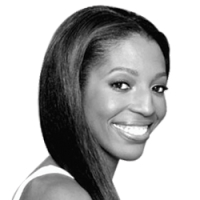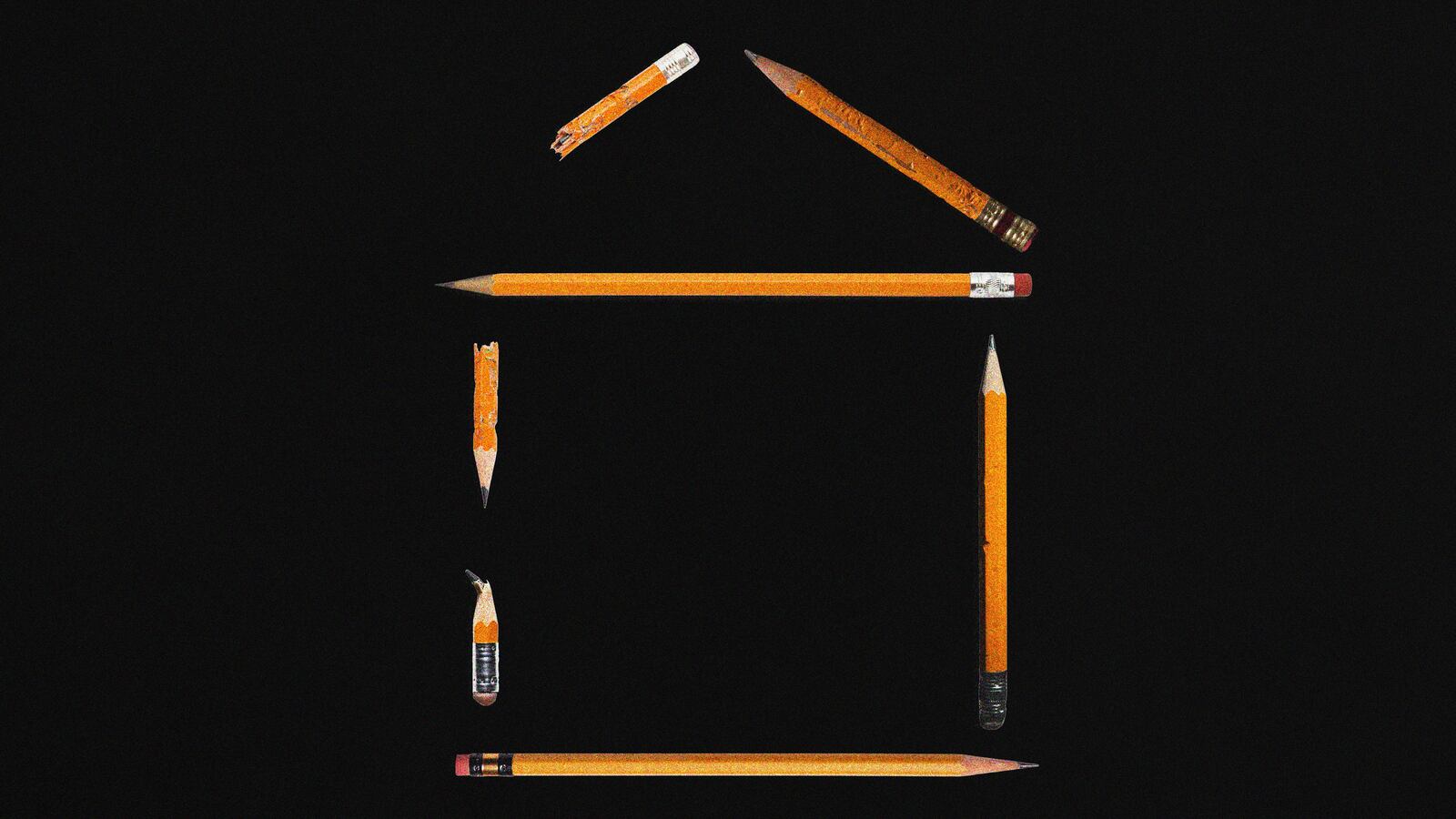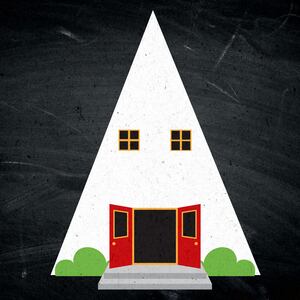Not since the battles over integration decades ago have American schools defined the frontlines of so much of our country’s political divisions. Debates over critical race theory—and the Florida law that was dubbed by critics as “Don’t Say Gay”—have dominated discourse and mobilized parents to the polls.
But a powerful new film serves as a startling reminder that the real battleground issue in education is still the right to get an education in the first place. Women Talking should serve as a chilling warning of what can happen when parents distrust traditional institutions, and subsequently exclude their children from them.
Women Talking is a narrative feature that chronicles a group of women in an isolated, devoutly religious community, seeking justice after being drugged and raped, multiple times. Though inspired by true events in a Bolivian Mennonite community, the story is eerily reminiscent of some high-profile cases here in America.
Warren Jeffs, the longtime leader of the Fundamentalist Church of Jesus Christ of Latter-Day Saints, raped and impregnated numerous teen girls and “married” others off to other older men in various enclaves over which he reigned like an unchecked monarch. He is currently imprisoned, though according to reports still wields power among his followers.
Weeks ago, Samuel Bateman, a former protégé of Jeffs, was arrested for having 20 wives, most under the age of 15. Meanwhile, in 2021, The Forward published an investigative report on the widespread pressures placed on women in Orthodox Jewish communities in New York to not report rampant domestic violence and marital rape.
On the surface what these disparate communities have in common is a culture of silence around sexual violence. But Women Talking highlights another disturbing through line. Communities in which sexual violence thrives tend to be communities in which women lack agency and knowledge. In the case of Jeffs, he and his loyalists controlled and limited internet access and educational opportunities for community members, especially girls.

Michelle McLeod stars as Mejal, Sheila McCarthy as Greta,Liv McNeil as Neitje, Jessie Buckley as Mariche, Claire Foy as Salome, Kate Hallett as Autje, Rooney Mara as Ona and Judith Ivey as Agata in director Sarah Polley’s Women Talking.
Michael Gibson/Orion PicturesThis means it was absolutely possible for a 14-year-old girl to have no idea that being forced to have sex with a 60-year-old man was illegal and that she had a right to say no or report him to legal authorities. Furthermore, it means when that girl found herself parenting a teenager herself years later, she would have no idea she was perpetuating a cycle of abuse by marrying her daughter off to a grown man.
So what does this have to do with the current political climate?
Well, thanks to the COVID pandemic, more parents found themselves at odds with school leadership than ever before—over everything from masking to school shutdowns. As these issues were being debated, others emerged—namely those based on discussions of race and sexual identity in classrooms. This has created a perfect storm in which more American parents have been driven from the classroom due to circumstance (like schools being closed in some places for a full year and a half), while others are choosing to homeschool due to politics.
In New York state alone, there was a 12 percent increase in the number of parents homeschooling from 2021 to 2022. While an analysis by the Associated Press found that homeschooling levels have dipped from their pandemic peak (when essentially everyone was forced to homeschool) the national numbers post-pandemic are still much higher than they were pre-pandemic, having nearly doubled.
Like many African-Americans, I have long appreciated the importance of parents having as many options as possible to achieve educational equity for their children, including charter schools and homeschooling. (Polls have found minority support for charter schools has emerged as a growing challenge for Democrats.)
But a large exodus of children from traditional schools to homeschooling should trouble anyone who cares about gender equity and child safety. As imperfect as they may be, traditional schools (and the adults who staff them) still serve as the frontlines of defense for protecting children from sexual and physical abuse and neglect. According to a 2011 study by the Department of Health & Human Services, the majority of reports of abuse are made by professionals, such as teachers, counselors and medical personnel. The pandemic highlighted a horrifying reality: isolation at home—for women and children—is an effective way for abusers to operate uninterrupted.
This means that homeschooling, while a successful tool for more personalized educational opportunities for some families, is emerging as a powerful tool for abuse in others.
Harvard Law School’s Elizabeth Bartolet sounded the alarm regarding the lack of oversight in homeschooling, warning in a 2020 interview, “The homeschooling lobby may be even more powerful than the gun lobby today, because at least with the gun lobby we see a lot of pushback.” She went on to note that children’s voices and needs are largely excluded from policy debates. Bartolet makes a strong case that for children to be safe, homeschooling requires more attention and oversight from legal authorities.
For those who dismiss concerns about widespread homeschooling as paranoia, consider this: a teacher fired for hitting a child or accused of molesting one would have a tough time getting hired in another school. But a parent suspected of abuse (or of protecting an abuser) can simply remove their children from the school system and home school them. That’s not an exaggeration.
A troubling 2014 study found that 50 percent of cases of child torture studied by one researcher involved homeschooling, with parents using it as a tool to further isolate their child victims.
This doesn’t mean there isn’t a legitimate place for homeschooling in American society. It does mean that anyone who claims to care about children, should support more oversight for homeschooling and nudge politicians to do the same.
It also means that activists, particularly progressives, should think very carefully about which issues they designate as true educational policy priorities. Because increasingly conservative-leaning and religious parents are deciding that if the choice is between having their families mocked on Twitter for various religious beliefs their kids voice at school, and keeping their kids at home, they’d prefer the latter. That means not only will their kids not be exposed to diverse viewpoints and perspectives, but some kids will be less safe.
If Women Talking reinforced anything, it’s that isolation, indoctrination, and inequality go hand in hand.








